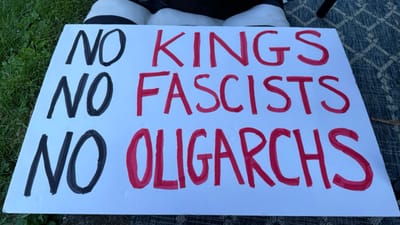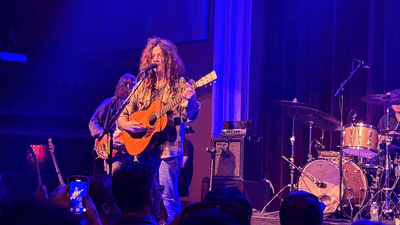It's all a scam
I stumbled across an eye opening article on how the poverty rate has hidden the true state of the economy for the vast majority of Americans.
How a Broken Benchmark Quietly Broke America by Michael W. Green, Chief Strategist and Portfolio Manager for Simplify Asset Management. Here's the set up to the whole article, which is very much worth your time:
But there was one number I had somehow never interrogated. One number that I simply accepted, the way a child accepts gravity.
The poverty line.
I don’t know why. It seemed apolitical, an actuarial fact calculated by serious people in government offices. A line someone else drew decades ago that we use to define who is “poor,” who is “middle class,” and who deserves help. It was infrastructure—invisible, unquestioned, foundational.
This week, while trying to understand why the American middle class feels poorer each year despite healthy GDP growth and low unemployment, I came across a sentence buried in a research paper:
“The U.S. poverty line is calculated as three times the cost of a minimum food diet in 1963, adjusted for inflation.”
I read it again. Three times the minimum food budget.
I felt sick.
Green took a deep look at all of the data and costs associated with moving up from the poverty line and came to a shocking conclusion. On average:
The real poverty line—the threshold where a family can afford housing, healthcare, childcare, and transportation without relying on means-tested benefits—isn’t $31,200.
It’s ~$140,000.
and
And the system is designed to prevent them from escaping. Every dollar you earn climbing from $40,000 to $100,000 triggers benefit losses that exceed your income gains. You are literally poorer for working harder.
Anecdotally, I can relate to these numbers. We have 3 kids. My wife and I are working professionals. We definitely weighed the cost of childcare and my wife returning to work (I made more) and the net income from that decision at the time wasn't a lot... but it was the only way to not live paycheck to paycheck during those years.
And even then, money wasn't easy... our combined income was below the figure Green stated for the "actual" poverty line for many of the years when the kids were little. It felt maddening to just get by with an income that always seemed like enough. It's only been the last few years, as the kids have gotten older and we moved past Green's line, that life has felt a little easier. I can't even imagine the hardships faced by the true working poor.
This explains everything we are feeling today. The constant unease, while we're told the economy is doing great and the millionaires/billionaires get richer and richer. And why we're constantly called on to hate immigrants, LGBTQIA+, and the poor (which turns out is pretty much all of us)... all of those groups have so much more in common than with the groups holding the power.


